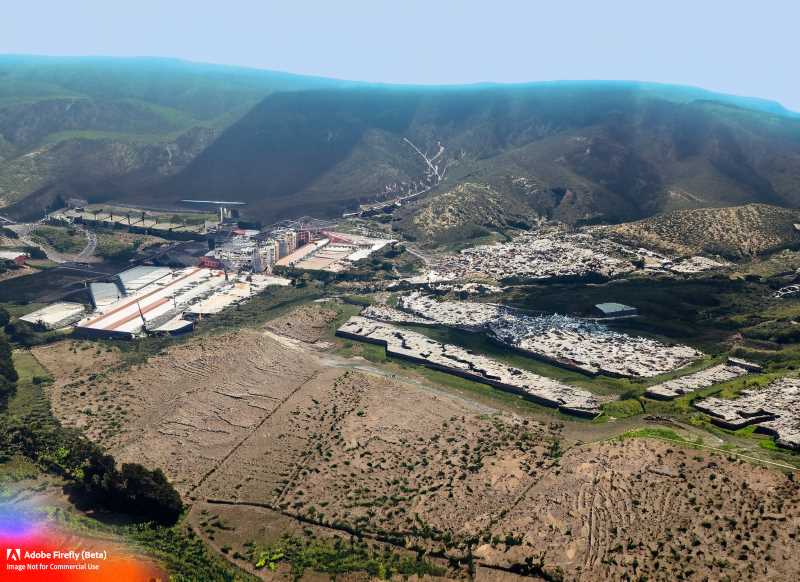How KISCs Are Changing Mexico's Economic Landscape
Learn about the evolution of knowledge-intensive service companies in Mexico and where the largest number of establishments are located. Discover the history, current state, and future outlook of KISCs in Mexico.





